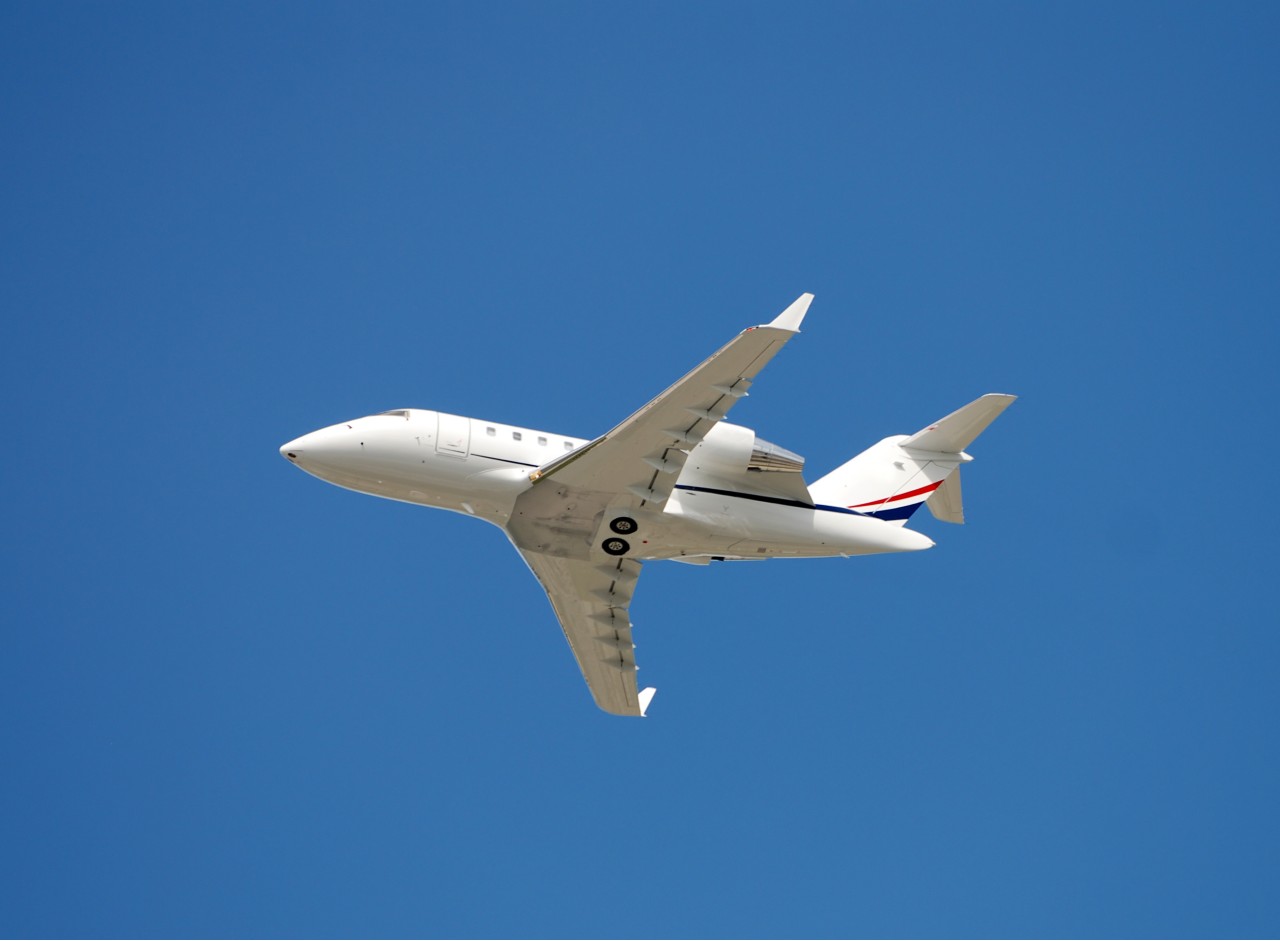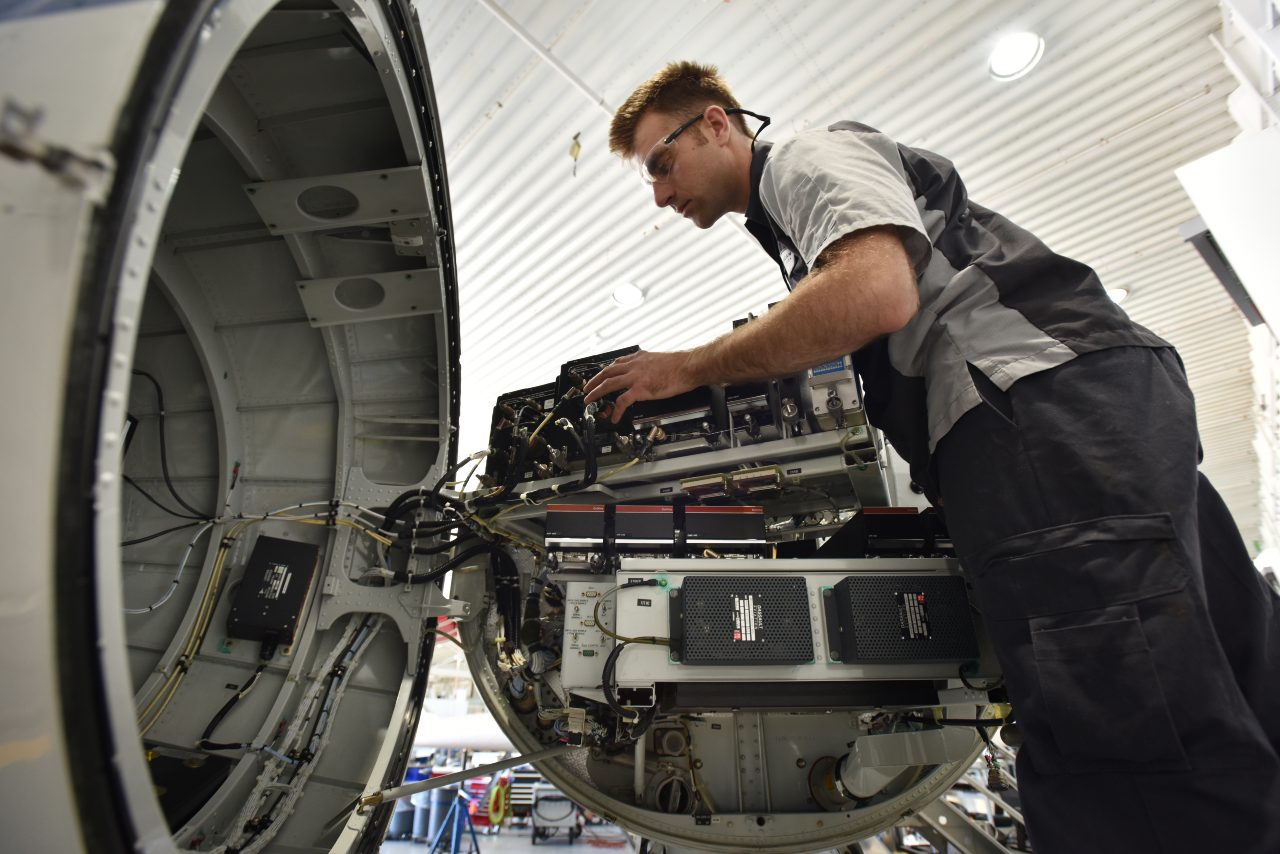The aviation industry offers a wide range of career opportunities — far beyond commercial airlines. Within general aviation, thousands of professionals contribute every day to keeping aircraft flying, passengers safe, and innovations moving forward.
Whether you’re passionate about flying, engineering, maintenance, operations, or customer service, general aviation provides exciting and dynamic career paths across Europe.
You can also explore tailored guidance on aviation careers using our interactive Career Tool.
What Is General Aviation?
General aviation (GA) includes all civil aviation activities outside of scheduled commercial flights. This sector covers:
- Private and business flights
- Flight training and pilot schools
- Aerial work (photography, surveying, crop dusting)
- Medical flights and air ambulances
- Aircraft maintenance, repair, and manufacturing
GA represents over 200,000 aircraft worldwide and connects more than 1,400 European airports — many of which are not served by commercial airlines.
Key Job Opportunities in General Aviation
General aviation is a diverse sector offering career paths for people with technical skills, a passion for service, or a love of flight. Here’s a closer look at the wide variety of jobs available — in the air, on the ground, and behind the scenes.
Pilot
Becoming a pilot is a dream job for many, and general aviation offers more flexibility than airline flying. Pilots may operate:
– Private aircraft for individuals or families
– Corporate jets for business leaders and government officials
– Aerial work aircraft used in photography, surveying, mapping, pipeline monitoring, or agricultural spraying
– Air ambulance services for medical evacuations
– Flight schools, as certified instructors for new generations of pilots
Pilots in GA often enjoy more autonomy, varied missions, and closer contact with passengers or clients.
Not sure how to get started? Visit our Becoming a Pilot page for a full step-by-step guide.

Aircraft Maintenance Technician (AMT)
Maintenance technicians are essential to flight safety. They inspect, repair, and certify aircraft to ensure compliance with strict aviation regulations. Roles include:
- Airframe and powerplant technician
- Line maintenance engineer
- Specialist in composite materials
- Engine overhaul technician (piston or turbine)
Learn more:
https://www.generalaviation.eu/career-mechanics/
https://www.generalaviation.eu/career-airframe-mechanic/
https://www.generalaviation.eu/career-powerplant-mechanic/
Avionics and Systems Engineers
Modern general aviation aircraft feature advanced electronics. Avionics engineers design, install, and troubleshoot:
- Communication and navigation systems
- Automatic flight control systems (autopilots, ADS-B, GNSS)
- Cabin management and connectivity
- Safety technologies like synthetic vision or collision avoidance
Learn more: https://www.generalaviation.eu/career-aeronautical-system-and-software-engineers/
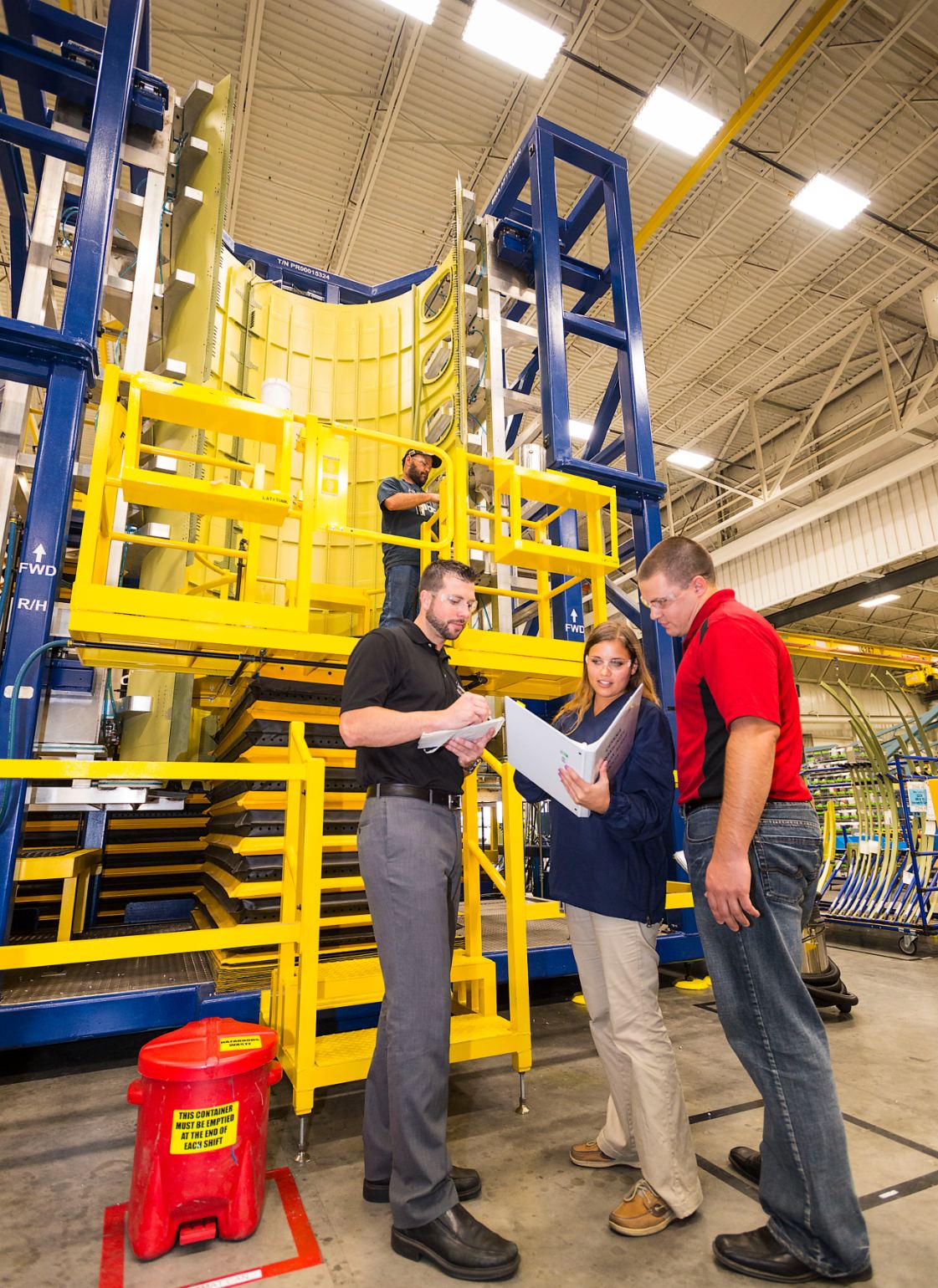
Flight Dispatcher and Operations Officer
These professionals are key to safe and efficient flight operations. They plan routes, optimize fuel loads, monitor weather and NOTAMs, and ensure full compliance with legal and safety procedures.
Learn more:
https://www.generalaviation.eu/career-eurocontrol/
https://www.generalaviation.eu/career-air-traffic-controller/
Customer Support and FBO Operations
Fixed-Base Operators (FBOs) provide premium services to passengers, crew, and aircraft. Roles include:
- Reception and concierge
- Customs and immigration assistance
- Limousine and hotel coordination
- Flight planning and dispatch support
Ground Handling and Ramp Agents
These roles involve:
– Marshalling and parking aircraft
– Refueling and de-icing
– Baggage loading
– Cabin cleaning and preparation
– Coordinating with crew and air traffic control
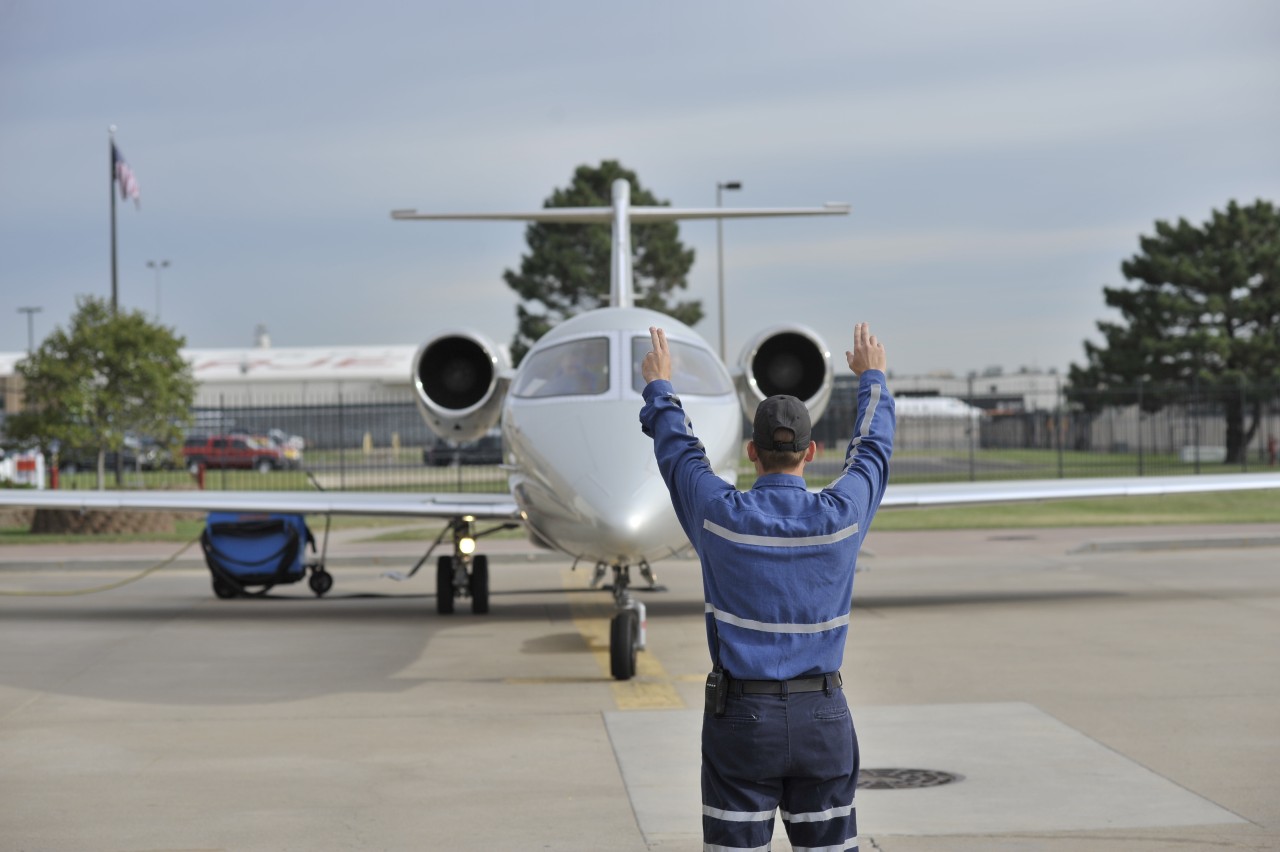
Aviation Administration and Compliance
There are also many opportunities in support functions such as:
- Safety management
- Continuing airworthiness (CAMO)
- Quality assurance and auditing
- Parts and logistics coordination
Drone Operators and Aerial Data Analysts
With the rise of unmanned aircraft systems (UAS), general aviation now includes:
- Infrastructure inspection
- Environmental monitoring
- Precision agriculture
- Aerial cinematography
- Emergency services coordination
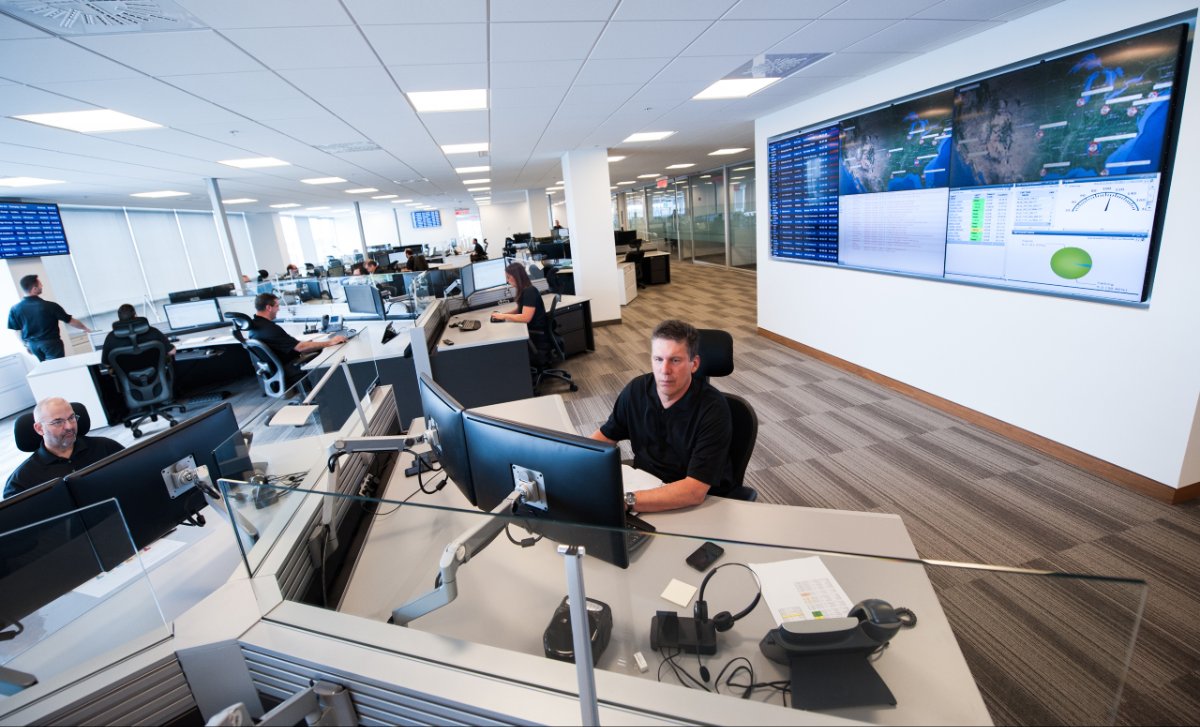
Why Work in General Aviation?
- Diverse missions: no two days are alike in GA — each flight has a unique purpose
- Direct impact: smaller teams mean your role matters and your expertise is visible
- Innovation-driven: general aviation is where new technologies (electric flight, sustainable fuels, eVTOLs) are often tested first
- Strong job outlook: the sector is expected to grow steadily, especially in Europe, with rising demand for new pilots, engineers, and technical staff
How to Start a Career in Aviation
There are many entry points into the aviation world. Here’s how to begin depending on your interests:
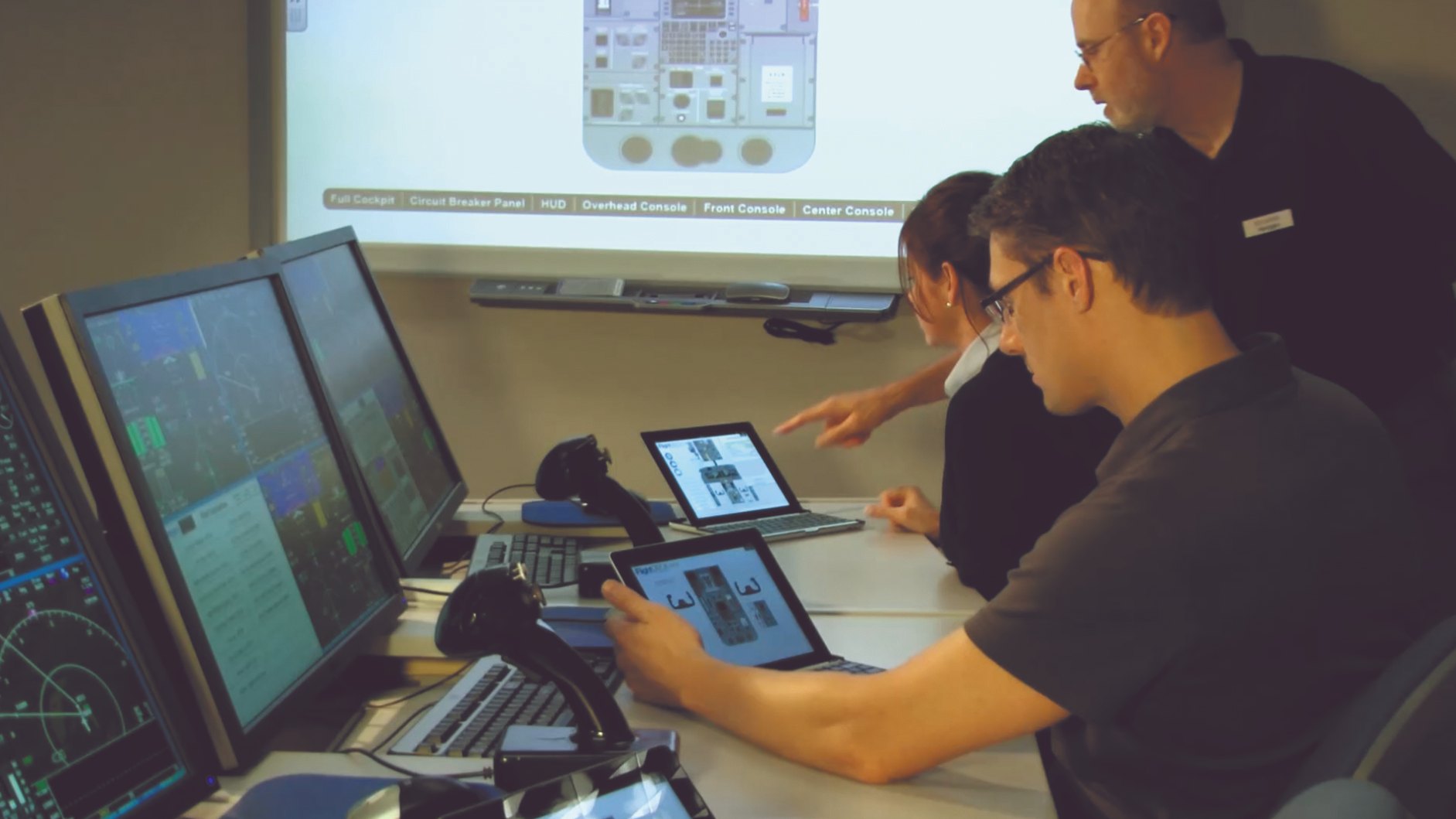

Become a Pilot
You can train for a Private Pilot Licence (PPL), then continue with a Commercial Pilot Licence (CPL) or Instructor Ratings. Many local flight schools across Europe provide modular or integrated programs.
Train On the Job
Ground operations, handling, and customer support often offer entry-level roles with on-the-job training, ideal for those looking to enter the industry without a technical background.
You can also use our Career Tool to explore which aviation path suits your profile.


Resources to Find Aviation Jobs
- Flight schools and aviation training centers across Europe
- Job boards like Aerojobs, AviationCV, or EASA Careers
- Industry events, airshows, and career fairs (EBACE, AERO Friedrichshafen)
- Direct applications to operators, FBOs, or maintenance centers
Conclusion: Your Future in the Air Starts Here
General aviation offers a world of opportunities for passionate, skilled, and curious people. With flexible career paths, hands-on experience, and growing demand across Europe, now is the perfect time to explore a job in aviation.
Whether you want to fly, fix, fuel, or support — your place is waiting on the tarmac, in the hangar, or in the sky.


